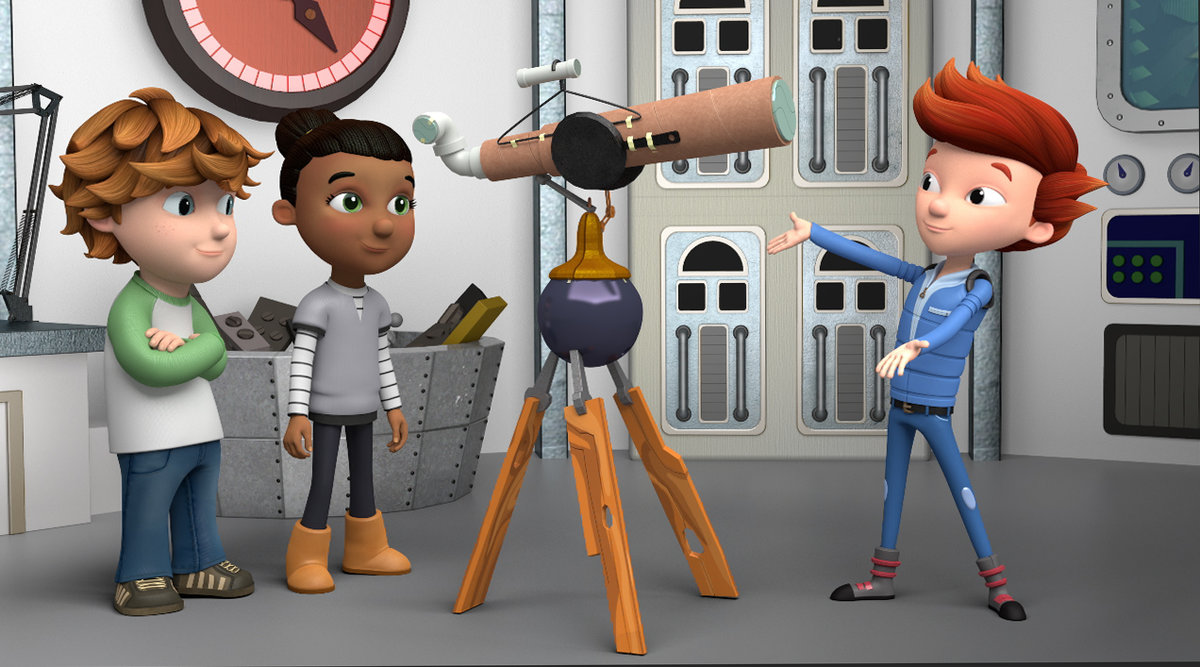
White House recognizes local STEM learning efforts
The White House announced its support of early STEM (science, engineering, technology and math) learning for America’s youngest children this week, including the efforts of several Pittsburgh-based organizations, partnerships and initiatives.
These groups, celebrated by the U.S. Departments of Education and Health and Human Services and Invest in U.S., include:
- The Sprout Fund, which has teamed up with ASSET STEM Education, Pew Fund for Health and human services, the Caplan Foundation for Early Childhood and Pennsylvania Southeast Regional Key to reach more than 1,000 educators nationwide by 2020 with STEM-focused support.
- The Grable Foundation, which promised to invest $1 million to encourage early STEM learning through the development of robust, hands-on activities for young children. This funding will also support early educators who incorporate technology and those studying how STEM topics can play a constructive role for children.
- The Peg + Cat Early Learning of Math Through Media (ELM2) Project will design and distribute resource guides on early mathematics to 80 educators and 1,500 children in Head Start programs. ELM2 grew out of a partnership among The Fred Rogers Company, The Allegheny Intermediate Unit’s Head Start and Math and Science Collaborative, the University of Pittsburgh’s Collaborative for Evaluation and Assessment Capacity and Rockman, with funding from the National Science Foundation. ELM2 integrates animated math-based PBS television show Peg + Cat,
- Ready Jet Go!, another PBS Kids show, is heading into its second season armed with digital resources like a free app in English and Spanish that lets kids explore the night sky on their phone or table.
- Frazier School District also committed to launching new STEM initiatives for the 2016-17 school year. The rural district in northwestern Fayette County plans to review curriculum and resources, to develop its staff’s technology skills and to bring more parents into the school for workshops to increase STEM activities at home and in the community.
The White House received over 200 submissions of innovative STEM work from across the country and recognized the work of state and local entities, foundations, nonprofits, media organizations, technology companies, research institutions and museums. In addition to the public and private sector groups across the country that are stepping up their STEM presence, federal agencies are taking the following actions:
- funding new research grants for early elementary science
- creating STEM tip sheets and resources
- inviting public comment on a technology policy statement
- studying how television and digital media can support math learning for young children
- creating learning activities based on NASA astronaut training.